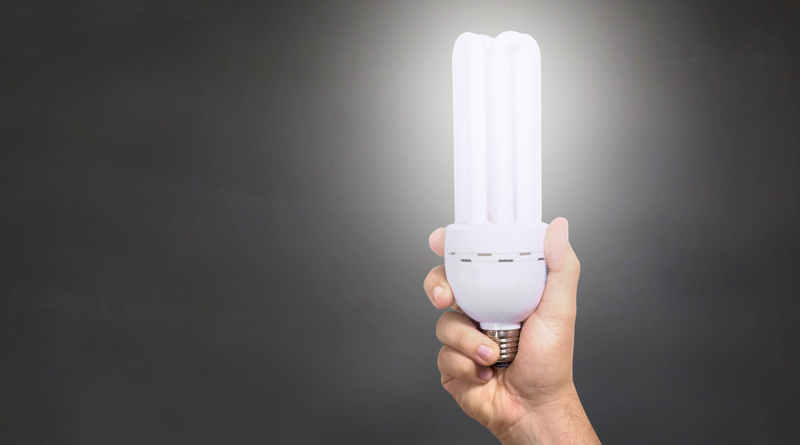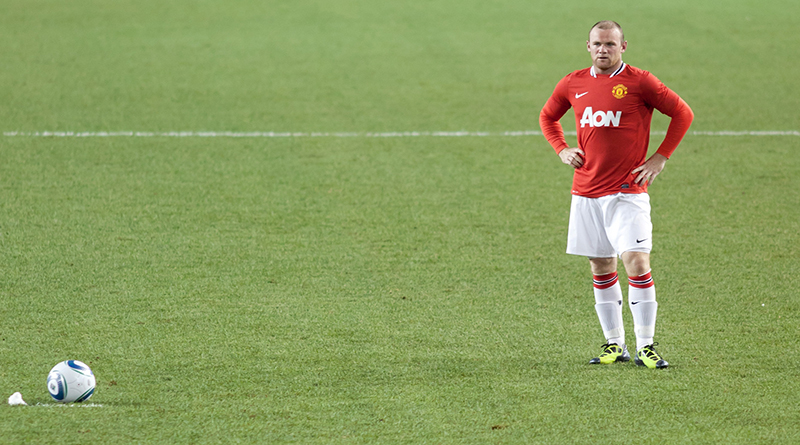
Light Therapy May Help Some With Bipolar Disorder
Bipolar Disorder is characterized by severe shifts in a person’s mood and energy, making it difficult for the person to function, according to the Brain & Behavior Research Foundation. Over 5.7 million Americans are thought to have the disorder, which often involves depressive episodes.”Effective treatments for bipolar depression are very limited,” noted lead researcher Dr. Dorothy Sit: associate professor of psychiatry at Northwestern University in Chicago.
Currently, treatment for bipolar disorder typically entails a combination of a mood-stabilizing drugs, an atypical antipsychotic, all in conjunction with psychotherapy. Lithium carbonate is the popular choice as a mood-stabilizer and has been proven to reduce mania; it can also help reduce depression as well. However, doctors have found it typically works better on mania than depression…which is why an antipsychotic or antidepressant will be prescribed along with the mood stabilizer.
“”No standard antidepressants are approved for treatment of bipolar depression,” said Dr. Seth Mandel, who directs psychiatry at Northwell Health’s Huntington Hospital in Huntington, N.Y. He added that antipsychotics that are approved for bipolar disorder often come with side effects that cause many patients to stop using them.”
Fortunately, new research, from Dr. Sit’s team, is showing promising results. They found that those stricken with the hardships of Bipolar Disorder can find relief from depression, with daily doses of light therapy.
Originally, this research showed that light therapy reduced depression symptoms in those with seasonal affective disorder…a disorder where winter’s reduced light prevents people from receiving sufficient doses of Vitamin D, spurring depression. It was also noted, in the research, that light therapy can cause side effects. Specifically, in those with bipolar disorder, mania. Sit’s team wondered if this treatment could be effective with bipolar patients who were already taking medication for their mania.
“With light therapy, people spend time sitting in close proximity to a light-emitting box — in this case, bright white light — with exposures increasing from 15 minutes per day to a full hour over a period of weeks. The study found that within a month the therapy helped treat depression in people with bipolar disorder.”
“This gives us a new treatment option for bipolar patients that we know gets us a robust response within four to six weeks,” said Sit.
In their study, 46 bipolar patients were either given a 7,000 lux bright white light or a 50 lux light which acted as the placebo element of the study. (A lux is a unit of measurement that measures light intensity in a specific area). Sit’s team found that compared to those who received the placebo, patients in the treatment group showed substantial improvement.
“Significantly, none of the patients experienced mania or hypomania, a condition that includes a period of elation, euphoria, irritability, agitation, rapid speech, racing thoughts, a lack of focus and risk-taking behaviors.”
“As clinicians, we need to find treatments that avoid these side effects and allow for a nice, stable response. Treatment with bright light at midday can provide this,” Sit said in a university news release.
A couple of psychiatrists agree that light therapy could appeal to those suffering from bipolar disorder, who tend to have limited options available to them. “Light therapy offers us another option, one that certainly appears to do no harm,” Mandel said. Additionally, it is important to note that bipolar patients, in Dr. Sit’s research, with more extreme symptoms were not included.
All said and done, it seems like light therapy is on its way to becoming a normal treatment method for those dealing with bipolar disorder depression, and all other types as well.
.
This piece is based on an article by Robert Preidt for WebMD.com, which can be seen here.
Bret Segall-Abrams graduated from North Carolina State University in 2015 where he studied Sport Management and Business Administration. He is currently pursuing a career in sports marketing and management. Along with assisting the Different Brains team with marketing and media content he is also a tour guide for Vermont Biking Tours where he leads week long bicycle tours from Charleston, South Carolina to Savannah, Georgia during the Fall and Spring months.




